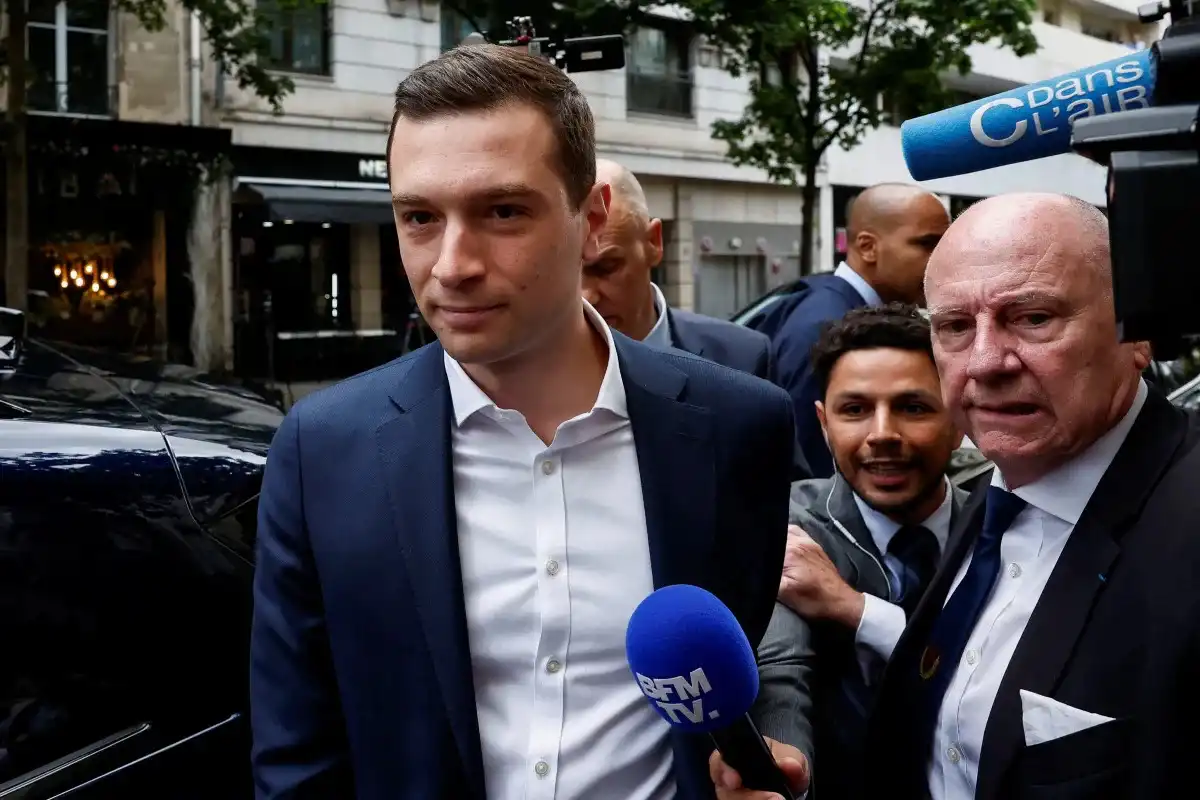France far-right power closer first time WWII
France's first far-right government since WWII may be on the horizon after National Rally's strong showing in elections.
France is on the cusp of potentially electing its first far-right government since World War II, as Marine Le Pen's National Rally party gained ground in the parliamentary election's first round. The National Rally secured 33.2% of the vote, followed by the New Popular Front coalition with 27.9% and President Emmanuel Macron's Ensemble alliance with 20.7%. The upcoming critical second round on July 7 will determine the final outcome.
The election was called by Macron after his party's defeat in the European Union parliamentary elections, where the National Rally emerged victorious. Macron's response to this defeat was to dissolve the National Assembly and call for a snap election in June to reaffirm his mandate. The rise of far-right ideologies in France is attributed to promises of lower immigration, increased security, economic measures favoring the lower and middle classes, and pushback against EU regulations.
Macron's leadership has faced opposition due to controversial reforms in retirement, unemployment, and immigration policies. The President's perceived arrogance and lack of connection with the French populace have fueled support for the far-right. The potential outcome of the second round remains uncertain, with the National Rally aiming to appoint Jordan Bardella, a 28-year-old charismatic figure, as prime minister.
The political divide in France is evident, as leftists protested the election results while a basketball court in Paris symbolized unity among diverse communities. The court, known as the "Balti zone," serves as a community hub where individuals from various backgrounds come together to play basketball and support each other. Amidst the political turmoil, the court represents a spirit of unity and inclusivity that contrasts with the tensions in the country.
As France navigates through this critical election period, the outcome will determine the direction of its politics and governance. The rise of far-right sentiments, challenges to Macron's leadership, and the diverse voices within the French populace highlight the complexity of the current political landscape. The upcoming second round will be crucial in shaping the future of France and its governance.











Comments on France far-right power closer first time WWII